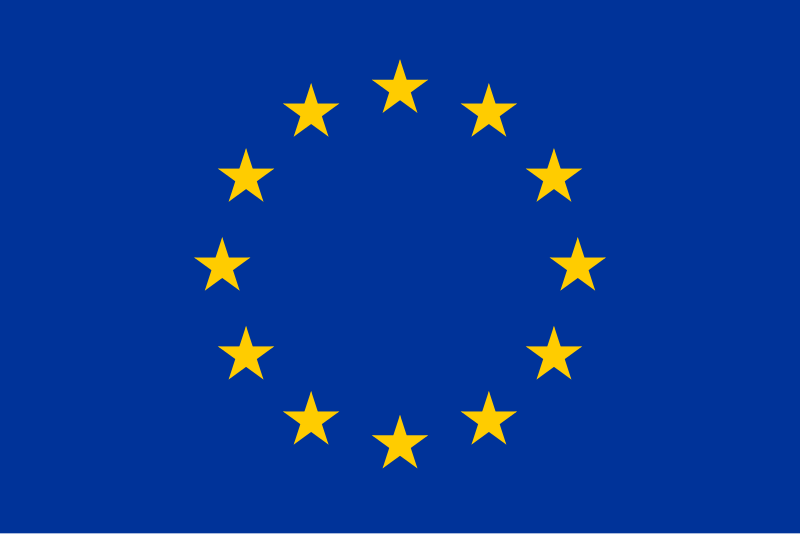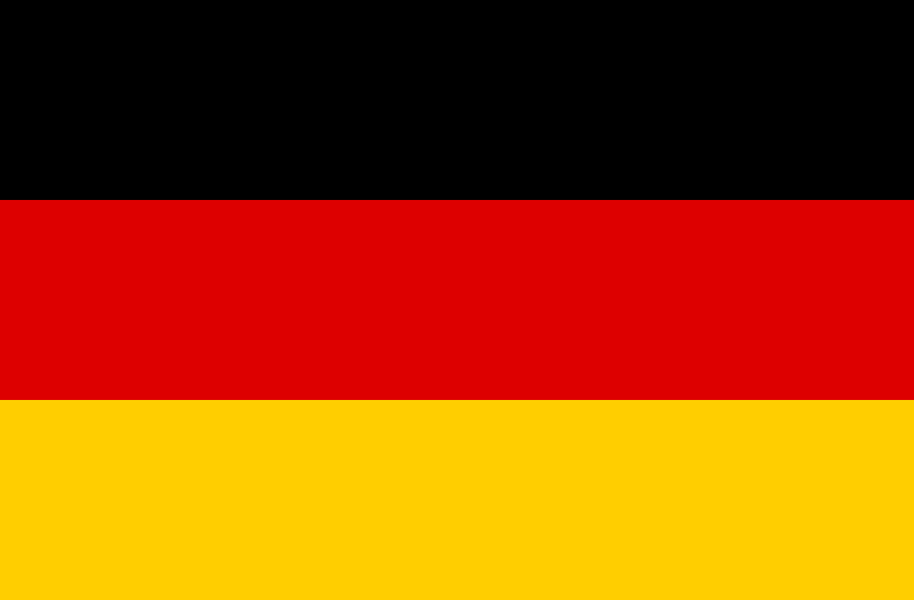Sanctions imposed by the EU, US, and Russia create complex challenges for European companies operating in Russia. From restricted payment flows to supply chain risks, businesses must navigate a dynamic legal landscape. This article explores how Turkish International Law & Consulting Firm helps EU firms ensure sanctions compliance and maintain lawful operations in Russia in 2025.
The Impact of Sanctions on EU Businesses
Sanctions affect:
- Trade Restrictions: Bans on dual-use goods, energy, and technology.
- Payment Barriers: Limited access to SWIFT for some Russian banks.
- Counter-Sanctions: Russian restrictions on foreign entities (Federal Law No. 281-FZ).
- Reputational Risks: Partnerships with sanctioned entities can harm credibility.
Understanding EU, US, and Russian Sanctions

- EU Sanctions: Target specific sectors (energy, defense) and individuals, per Council Regulation (EU) No 833/2014.
- US Sanctions: OFAC’s SDN list restricts transactions with designated entities.
- Russian Countermeasures: Require local partnerships and currency controls under Federal Law No. 281-FZ.
Legal Risk Analysis
Our team conducts:
- Supply Chain Audits: Checking partners against sanctions lists (e.g., EU, OFAC).
- Contract Reviews: Ensuring agreements comply with international and Russian law.
- Ownership Analysis: Verifying UBOs to avoid 50% ownership by sanctioned entities.
Structuring Lawful Business Activity
To mitigate risks:
- Neutral Jurisdictions: Use Turkey for payment flows or company setup (e.g., Limited Şirket).
- Local Partnerships: Structure joint ventures compliant with Russian law.
- Compliance Programs: Implement internal policies per FATF guidelines.
Managing Payment Flows

- Currency Regulations: Adhere to Central Bank of Russia rules (Federal Law No. 173-FZ).
- SWIFT Alternatives: Use SPFS (Russian SWIFT equivalent) or third-country banks.
- Turkey as a Hub: Open accounts in Turkish banks (e.g., Ziraat Bank) for EU-Russia transactions.
Case Study: Sanctions Compliance for a German Manufacturer
A German industrial firm faced risks due to Russian counter-sanctions. Russian-Turkish Law & Consulting Firm:
- Conducted a supply chain audit, identifying non-sanctioned partners.
- Structured a Turkish Limited Şirket to facilitate payments.
- Ensured compliance with EU and Russian regulations, avoiding penalties.
Conclusion
Sanctions compliance is critical for EU businesses in Russia. Turkish International Law & Consulting Firm, with over 20 years of experience, offers expert risk analysis and structuring solutions. Contact us to safeguard your Russian operations: +90 552 647-07-17.

























